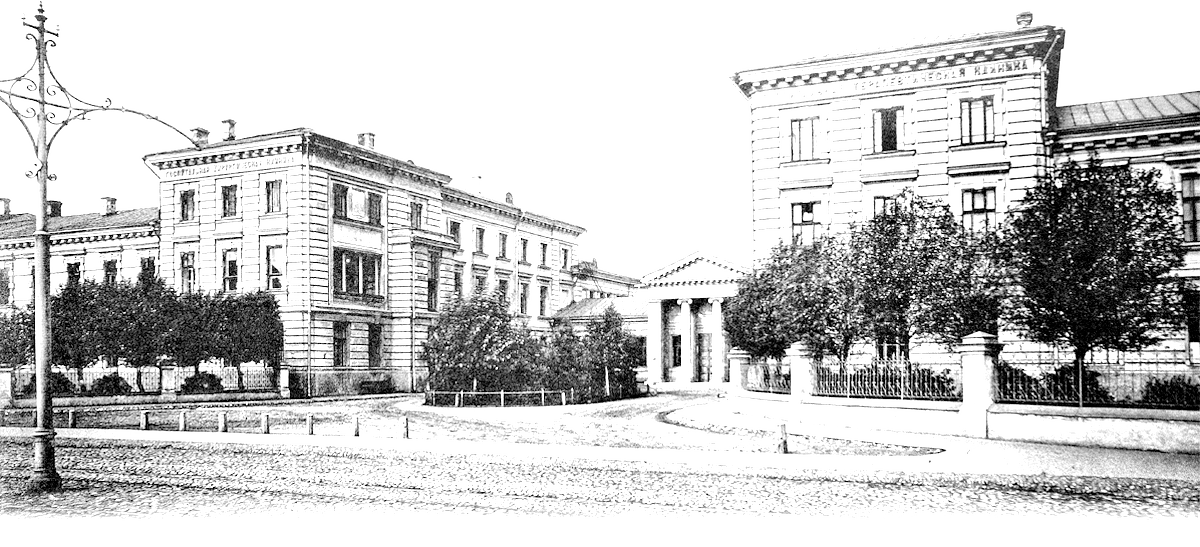Bladder cancer
- Details
- Published: 21 October 2018
Bladder cancer is one of the few cancers with reliably known risk factors. Work with aniline dyes, contact with gasoline combustion products, chronic inflammation of the mucous membrane of the bladder (cystitis), the presence of other cancers, and genetic susceptibility increase the probability of incidence. Smokers get sick 5 times more often, having experience of smoking increases the risk. The peak of incidence is between the ages of 50 and 80 years.
The Department of Urology at Sechenov University was the first clinic in Russia, which introduces en-block enucleation - laser removal of bladder cancer.
Units of clinics in the world have the opportunity to offer en-block technology to the patients. In contrast to transurethral resection of bladder tumor (TURB), when the cancerous formation is cut off in layers by electric shoots, the tumor is cut off at the base at once. As a result, there is no bleeding, which can make it difficult for the surgeon to review during a TURB.
The laser gently burns blood vessels and has such a good hemostatic effect that, on the eve of the operation you cannot cancel the blood thinning drugs for patients who have previously been got a special therapy for the prevention of heart attack or stroke.
The tumor is removed in layers with an electric loop due to transurethral resection of bladder tumor (TURB).
Then the walls of the bladder are treated with a spherical electrode to stop the bleeding and completely destroy the tumor cells. It is endoscopic manual through the urethra without external incisions. Discharge is on 2-3 days after surgery.
The TURB is performed with the control of photodynamic cystoscopy - cancerous lesions are clearly visualized in the form of crimson-colored patches.
With deep germination, when the tumor struck the deep muscle layers and the fatty tissue surrounding the organ, cystectomy (removal of the bladder) is indicated.
With modern diagnostics, bladder removal is rarely required - in a 3% of cases.
In our clinic we perform laparoscopic cystectomy, without abdominal incision. We start the endoscopic manipulation through several punctures in the abdomen. After removing the organ, we perform plastic surgery: we form an artificial bladder from the intestine (intestinal conduit). This complex operation takes 7-10 hours.
After removal, a bladder tumor may reappear in 15-38%, depending on the stage of the disease
Therefore, it is necessary to have regular examination with cystoscopic control (an endoscopic examination of the bladder) for five years. The first two years of inspection - every three months, the next two years - every six months, the last year - once a year.
Often, bladder cancer does not appear until stages when effective treatment is already complicated.
In 90% of cases, the cause of treatment to the urologist is the detection of blood during urination or in the general analysis of urine. Approximately 25% of patient experience bladder irritation associated with frequent or painful urination, a feeling of false urge to urinate, pain in the abdomen, etc.
These symptoms are identical to complaints of prostatitis, cystitis, urethritis, or other diseases of the urinary tract. Therefore, people who have risk need to do regular preventive examinations.
Our clinic has a modern technique for detecting bladder cancer in the early stages.
The method of fluorescent (photodynamic - PDD) cystoscopy allows to see the tumor tissue of minimal size, including the hidden mucous membrane.
Suspicious sites are biopsied. If necessary, we perform a computed tomography of the kidneys, radioisotope scintigraphy of the bones of the skeleton and X-rays of the chest organs to detect distant metastases and analyze the tumor process.




